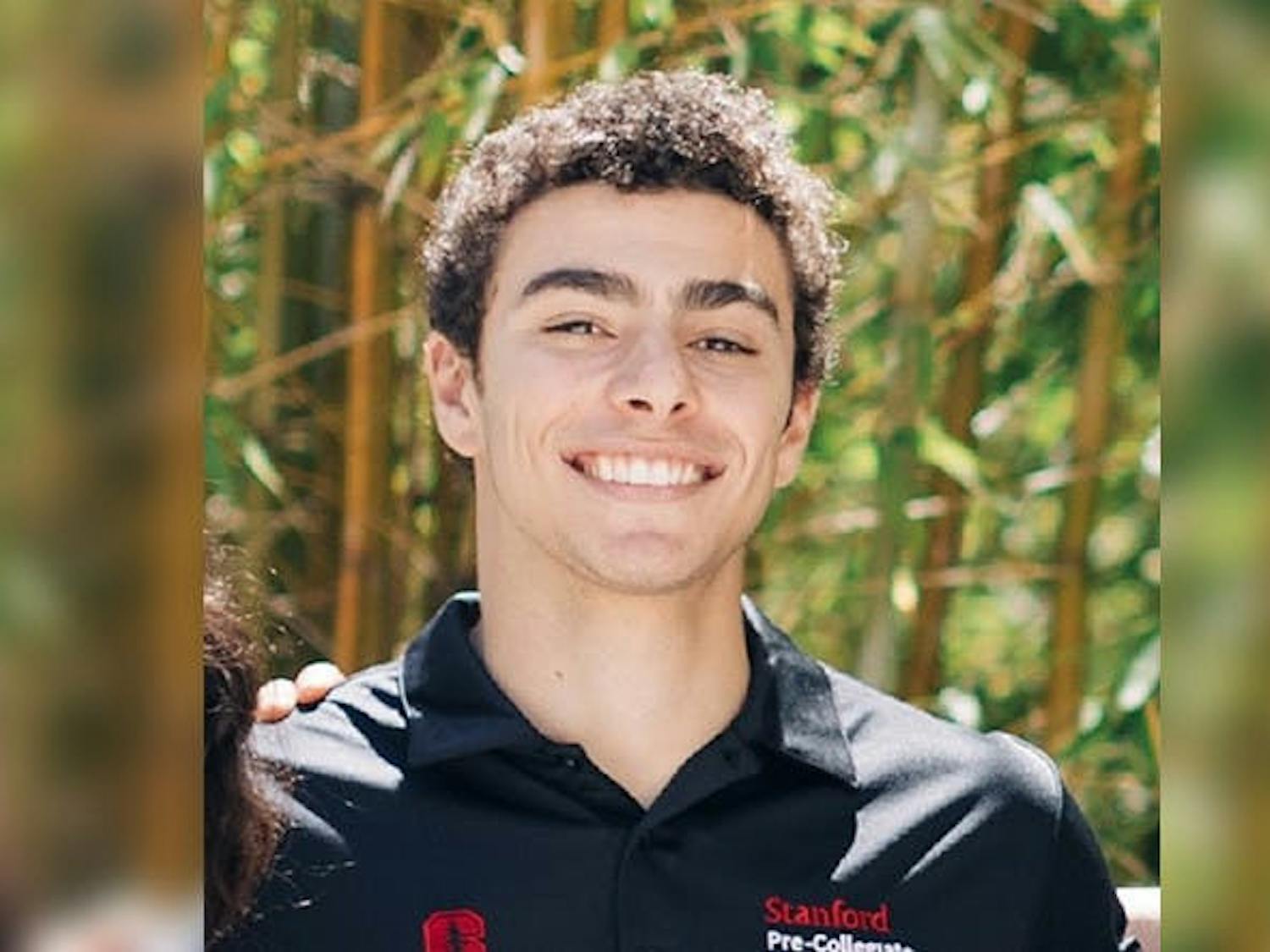In Senate testimony and in the media, Bill Labov has tried to clear things up. A month after the Oakland school board spurred national debate by deciding to use what members termed Ebonics as a tool to teach some students, Linguistics Professor Bill Labov brought his expertise to Capitol Hill, testifying at a hearing on whether using African American dialect helps black children learn standard English. In testimony Thursday before a Senate committee headed by Arlen Specter (R-Pa.), Labov attempted to shatter what he deemed a "misunderstanding" of the Oakland decision. "[African American vernacular English] is not simply slang or grammatical mistakes, but a well-formed set of rules of pronunciation and grammar that is capable of conveying complex logic and reasoning," he said. Labov called the hearing "fair and clear" in that it diffused a great deal of harsh rhetoric. But he added that this issue has raised such an emotional climate that progression is difficult. An expert on the logic of non-standard English and dialects of English, Labov has published several books, articles and research reports on these topics, concentrating on inner-city language differences. "For about 30 years we've been trying to make a contribution and we feel that one of the biggest problems in the United States is the education in inner city schools," he said. And Labov conducted a January 17 discussion on Ebonics at the University along with University graduate John Baugh, who currently teaches Linguistics at Stanford. Baugh and Labov have worked together on the language issue in African American communities since the 1960s. They agree that Ebonics should be classified as a dialect of English -- and not as a separate language as the original Oakland resolution stated. And they say that although the Oakland school board called Ebonics "black English," it made every effort to prove that African Americans do not actually speak English. But the terminology creates further complications. Labov said Ebonics is too broad a term, since "the dialect spoken by African Americans in rural Alabama is "very different from that of black people in Brazil." And Baugh said, "What's more important to me than the term Ebonics is whether or not teachers have a linguistic appreciation of what African American kids bring to the classroom." He added that while he admires Oakland for acknowledging that the status quo wasn't "getting us where we wanted to go," he is angry about the resulting racial backlash. "White racists are having a field day with this -- it's like throwing candy to a pig," he said. And Labov said at Penn "we should participate in the community and help out in any ways we can." In response to the discussion, College freshman Dan Cherry took a neutral stand. "Ebonics is underdeveloped right now and I believe before it can actually be utilized, we need to learn more about it," he said.
The Daily Pennsylvanian is an independent, student-run newspaper. Please consider making a donation to support the coverage that shapes the University. Your generosity ensures a future of strong journalism at Penn.
DonateMore Like This
Here’s how Penn plans to celebrate America’s 250th anniversary
By
Arti Jain
·
19 hours ago
Van Pelt Library discontinues bag check security policy
By
Christine Oh
·
19 hours ago








